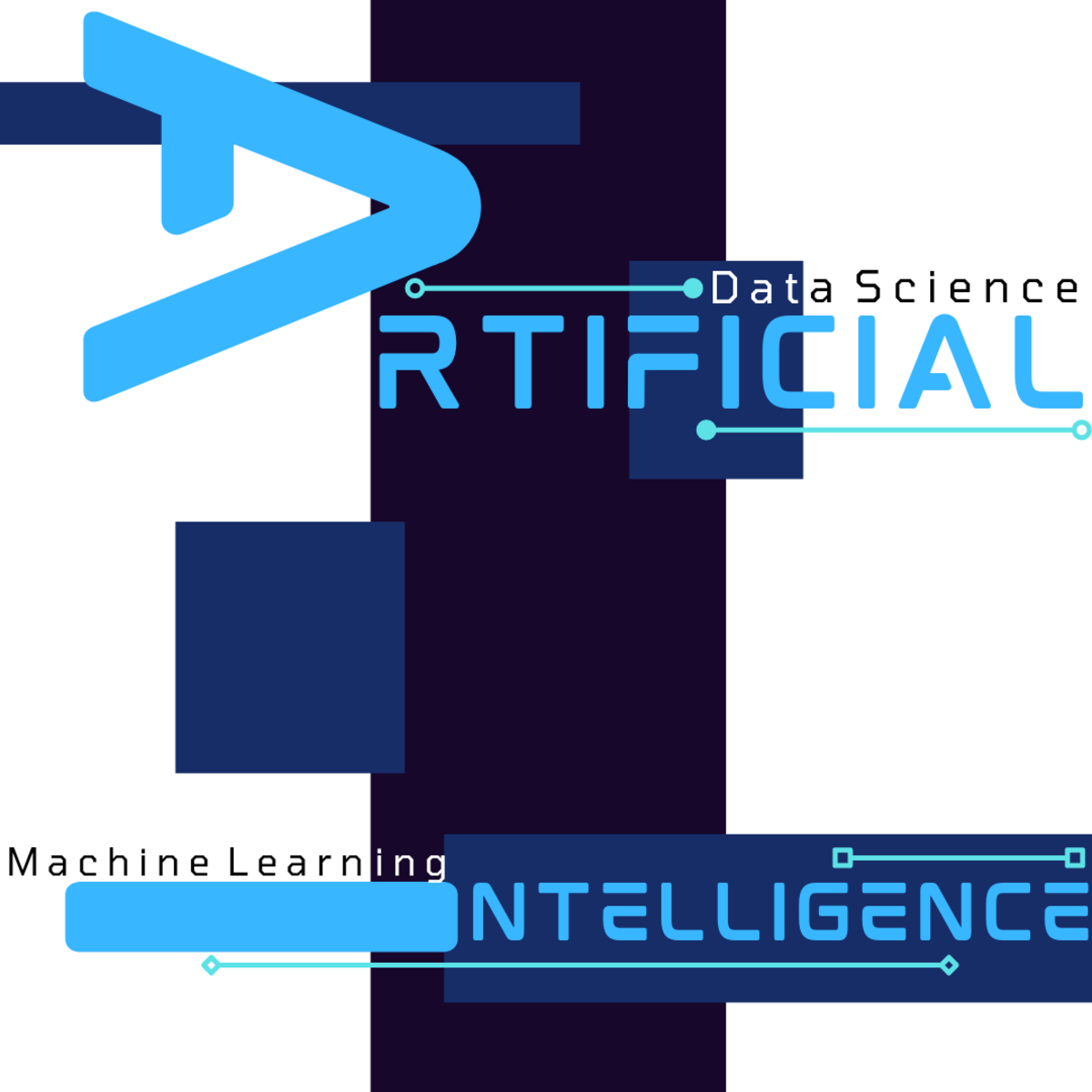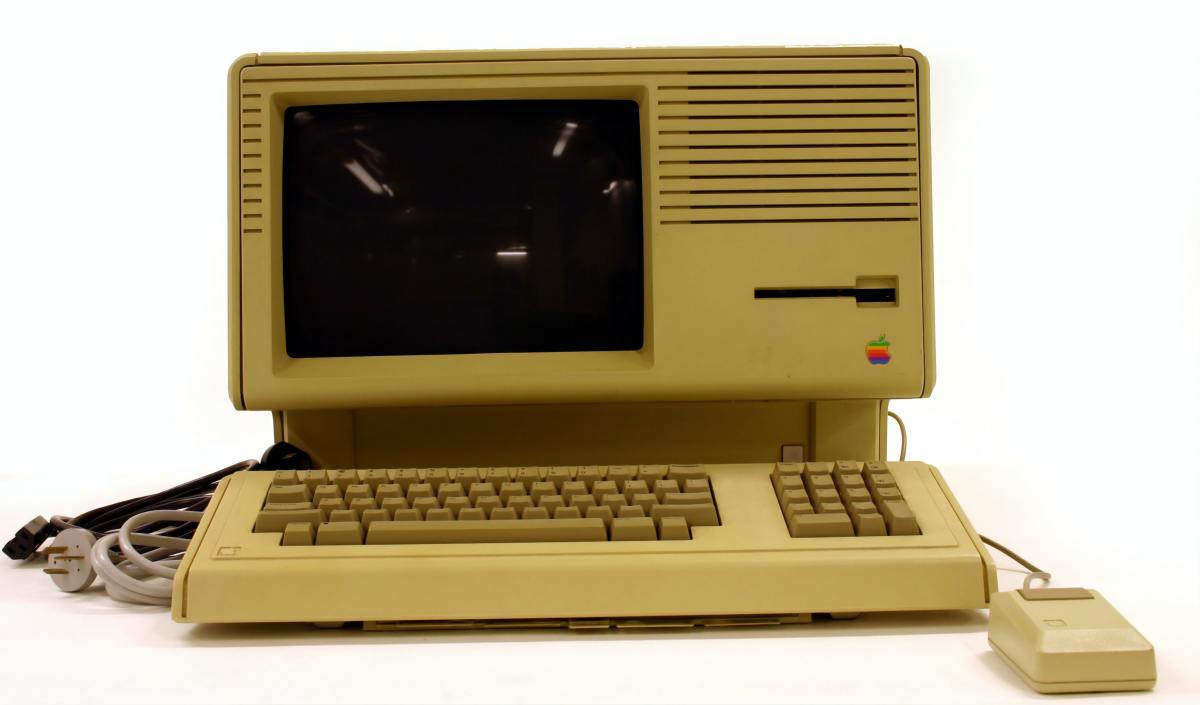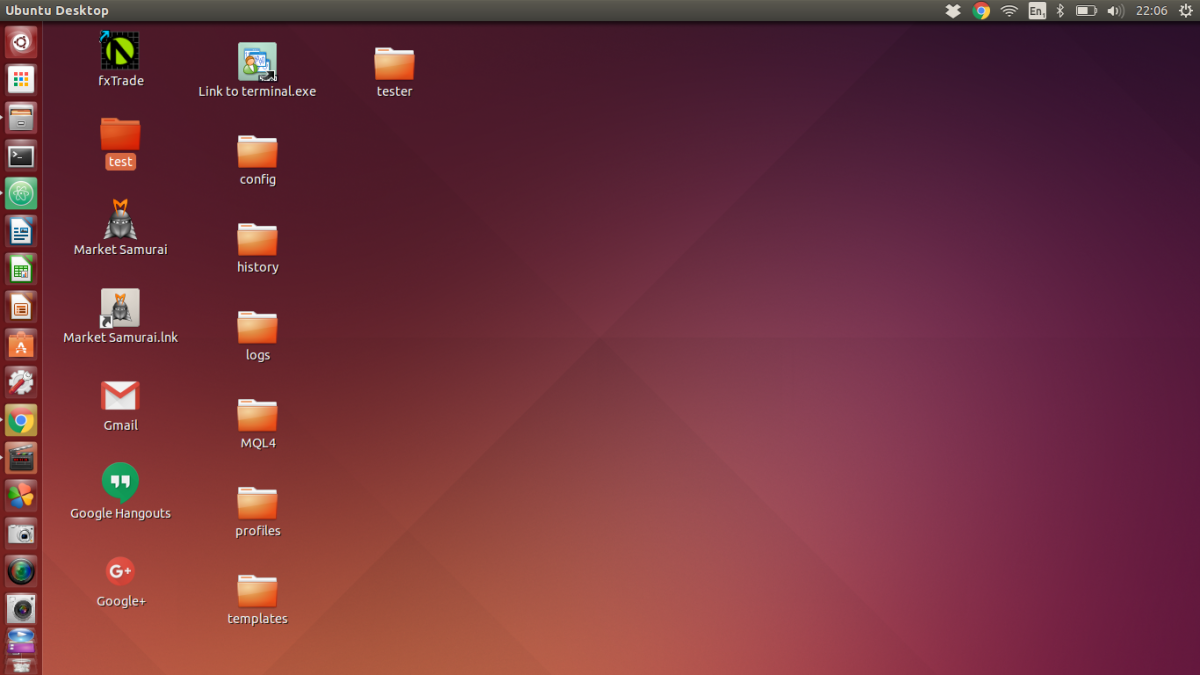- HubPages»
- Technology»
- Computers & Software»
- Computer Buying Guides
Why Did Intel Buy a Leading Israeli AI Company?

U.S. company Intel announced the acquisition of The Israeli company Habana Labs, which manufactures chips and algorithms for artificial intelligence for $2 billion. Habana Labs was established in Tel AVIV in 2016 by David Dahan, ceo of the company, and Ran Halutz, who serves as vice president and head of research and development, the son of Dan Halutz, the former chief of general staff of the Israeli occupation army, who left his post after the failure and defeat of the occupation army in southern Lebanon in 2006.
Why did Intel buy Habana Labs?
This is not the first time Intel has bought an Israeli AI company. In 2017, it acquired Mobily, a leader in machine learning, data analysis and self-driving, for $15 billion. The common denominator between the two Israeli companies is that they are working in the field of artificial intelligence, which Intel knows will form a pillar in the digital world in the years to come.
The refore, the majority of research and development by large and emerging companies alike is based on the development of artificial intelligence because of its importance and ability to control the future, in the sense of scientific and commercial superiority.
Intel Aims to Change the Way Computers Work
Despite the development of computer technology in today's world, CPU work has been limited. Here, Intel, which controls 77 percent of the CPU market, has an opportunity to develop it by introducing AI technologies. The simplest explanation of the limited CPU function today we can single out in the following:
Each computer has a CPU, and it can't "run" more than one program at every moment of its work. Hey: But all users are able to run more than one program on your computer at the same time!
What actually happens here is that operating systems use algorithms (modus operandi) such as round robin, which introduces the program to the CPU, and then shuts it down for parts of a second, until another program is introduced into the CPU, and so on until the user completes its work. What happened here is that the computer "delusions" the user that he can run several programs at the same time. But in fact, the computer switches between programs very quickly and actually runs only one program at the same time.
The problem here is that we have a computer with great technical capabilities, but it can only "concentrate" on one thing at a time, which limits the speed of analysis and conclusion, which is one of the basics of AI's work.
The Modus Operandi of Artificial Intelligence with Deep Learning Technology
Today's AI relies on machine learning and deep learning algorithms, and the modus operandi can finally be simplified as follows:
We can imagine a programmer who wants to create an artificial intelligence that can recognize for himself whether or not to have a dog in the form of a dog, and deep learning technology provides a way to get the job done:
First, the programmer should use the "Training" algorithm, where the programmer, for example, places about 6 million images containing a dog and another two million images that do not contain a dog. at this stage the relationship between these images or data is devised.
Then, we move on to the next stage, the Inference, here we can say that we have an artificial intelligence capable of understanding what images are put in front of it to look at what the user wants.
To do all of the above, we need a tremendous processing power, for example, in the case of "Training", millions of images were thrown on to the computer to understand the relationship between them. And in the case of the Inference, of course, it will not be used to distinguish the presence of a dog in a single image, but will be thrown thousands of images on artificial intelligence to be analyzed quickly.
What is the Solution?
The solution came quickly from many companies, the most important of which was the T4 chip from the company "NVIDIA", where all the operations of "Inference" were thrown on the chip instead of the processor. As this huge number of calculations can the T4 chip deal with it better, which secures the speed of data analysis, especially that the "GPU" Is capable of parallel processing, i.e. it is able to focus on many calculations simultaneously, unlike the CPU.
Israeli Technology
Habana Labs has introduced the fastest and least energy-consuming offering, as the company has created a chip for training operations under the name "Gaudí" and another chip for inference operations under the name "Goya"; One. While Goya is able to analyze 1,527 sentences or 15,453 images per second, this is why Intel is scrambling to buy this company.
Policy of Double Standards
Based on all of the above, there are two major problems, with Intel's acquisition of Habana Labs, to be addressed.
- First, the day the Chinese company Huawei produced the best 5G wireless system, U.S. President Donald Trump went mad, and started issuing campaigns against Huawei, and the reason that the founder of the company "Ren Shengvi", is a retired officer of the Chinese People's Liberation Army, and that I have Washington fears that the Chinese government may have ordered its retired son to put "malicious" software into the 5G devices for China to tap into the entire world. Well, here's a similar thing, Ran Halutz, son of Dan Halutz, the former chief of general staff of the Israeli occupation army, doesn't that raise concerns? Isn't it possible that the Israeli entity has asked Halutz to develop malicious software, or is it that, in the case of Israel, the interests of espionage are shared.
- Second, this technology will be used in both private cloud computing and data center computing, self-driving cars, robots and ATMs. This means that Israeli technology will dominate all sectors of the near future by a U.S. decision, which is terrifying in itself.
Intel Employees in Israel
Intel is one of the best manufacturers of electronic chips in the world, and most of the computers around us will find the company's logo on it.
The company employs approximately 12,000 people in the Israeli entity and is responsible for 52,000 direct and indirect jobs as well, and a large part of the company's chips are produced worldwide in Haifa.
This content is accurate and true to the best of the author’s knowledge and is not meant to substitute for formal and individualized advice from a qualified professional.
© 2020 Hafiz Muhammad Adnan








